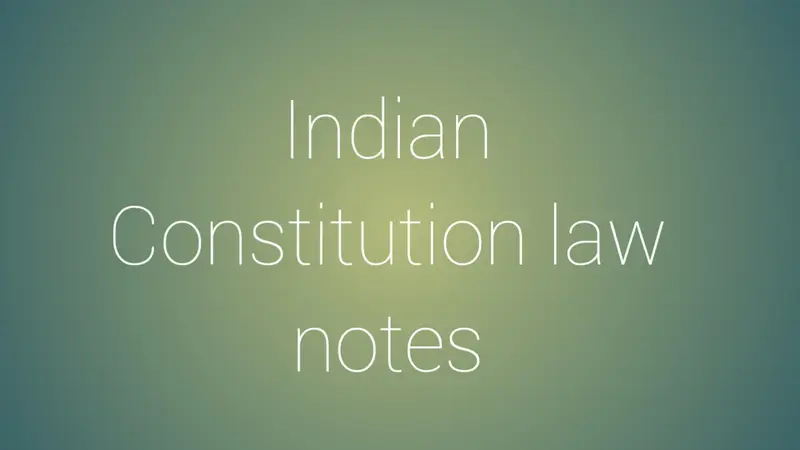The collection of taxes with adequate financial resources and discharge of its responsibility under the Constitution, any government either state or Union successfully function and remain estable.
No government can function successfully without financial support.
The 7th Schedule Article 246 of the Indian Constitution has three lists namely, in this lists the laws and regulations of particular subjects has been mentioned.
1. Union list
2. State list
3. Concurrent list
What is a Tax?
Taxes are mandatory duty charged or levied on individuals or persons by the government in order to finance government activities.
Taxes are essentially of quid pro quo in nature. It means a favor or advantage granted in return for something. It is not a penalty.
There are mainly 2 types of tax one is Direct Tax and other is Indirect Tax, Direct Tax are paid by assessee, as it set criteria by finance ministry, Indirect Tax are paid by consumers and sellers by purchasing selling goods.
Devidas v. State of punjab 1967, No Taxes
In this case Devidas v. State of punjab 1967 The supreme court clearly laid down that legislature could not confer power to fix the rate of tax to the government or the Administrative authorities, unless the maximum rate of tax was specified by legislature itself.
The tax shall not be imposed unless statute clearly specified, The meaning of authority of law is the authority of valid piece of law, which do not violate other provision of Constitution.
Article 265 Constitution of India , Taxes
No tax shall be levied or collected except by authority of law
- The collection or levied of taxes must be according to the law.
- The law shall authorise the tax.
- Only a statutory law passed by legislature.
- Customary law and subordinate legislation are excluded.
- The tax law shall not violate Fundamental Rights, Article 14 and Article 19(1)(g) of Constitution.
- Neither the levy nor collection can be made by mere resolutions of legislature.
- Or any executive action.
- Or by subordinate legislation in absence of express statutory authority for Levy and collection.
Article 19(1)(g) of Constitution
This Article 19 protection of certain rights regarding freedom of speech, etc to citizen, in this 19(1)(g) that is to practice any profession, or to carry on any occupation, trade or business.
Municipal corporation, Baroda v. Babubhan 1989 ,illegal tax refund
The supreme court held that if one who is liable to pay, receive general benefits from the authority levying the fee the element of service required for collecting fee is satisfied.
The authority who levy a tax must be expressed in the status. Means taxing power can not be delegated or derived from delegation.
The tax collected or levied illegally must be refunded. If any extra tax paid means excess shall be refunded to assessee.
What is assessee ? Taxes
The individual or person who pay the tax is known as assessee, the assessee can be citizen or non citizen.
Arvinder singh v. State of Punjab 1979, double tax
In this case Arvinder singh v. State of Punjab the Supreme Court observed that the Constitution does not prevent same person being subject to both state and Municipal legislation.
It held that nothing in the Constitution Article 265 prevent to impose a tax twice on a thing.
Unless the colourable piece of legislation and abuse of power , the law by Legislative to levy or imposed tax may not be struck down by court.
What is colourable piece of legislation? Taxes
The ultra vires by Legislative, that is to say a kind of fraud on Constitution, Effect and violate the fundamental rights is colourable piece of legislation.
Moopil Nair v. State of Kerala 1961, Ultra vires on Taxes
In this case Moopil Nair v. State of Kerala the Supreme Court held that though the legislature would have a large discretion in the area of taxation and the courts would not rightly strike down any taxing measure as ultra vires.
A taxing statute cannot be wholly immune from attack on the ground that it infringes equality Article 14 of Constitution of India.
The tax must be within the Legislative competence of the legislature imposing the tax, The tax must be subject to the conditions laid down in Article 13.

